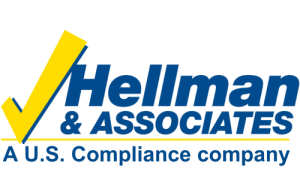Working under the influence of alcohol or drugs is strictly prohibited
- There are two ways in which alcohol or illicit drug use can cause challenges for employers: when employees use drugs before or during work, and when employees use drugs during non-work hours and experience after-effects, like hangovers, during the work day.
- Tests have shown that alcohol and drugs can still have an effect on your body for hours or even days after you have stopped drinking or using.
- Alcohol use is a legitimate on-the-job safety issue – and not just an attempt to control off-the-clock lifestyles. Alcohol is a sedative. Drinking any quantity of alcohol impairs a person’s judgment, thinking ability, and coordination to some degree. Poor concentration, carelessness, risk-taking behavior and errors in judgement can occur.
- Marijuana use is now legal in many states but is still prohibited at work. The short-term effects of marijuana that impact job performance include impaired coordination, difficulty thinking and problem-solving, and memory problems.
Medications
- Many medications can also affect work performance and safety. These include pain relievers, cough medicine, antihistamines and sleeping pills.
- It is your responsibility to talk to your supervisor if you are using any medications that could affect your job performance or concentration.
What should you do about a co-worker who is impaired on the job?
- An impaired co-worker could be just as dangerous as defective rigging or a broken guard. You wouldn’t hesitate to bring those to your supervisor’s attention, would you?
- Most people would ignore the situation because they do not want to cause problems on the job or do not want to get involved. People would prefer to avoid conflict at almost any cost. But look at it this way — the employee, no matter how nice a co-worker, is not doing you any favors.
- It is a fact that an impaired employee is more likely to be involved in a serious accident that may be fatal. Who else are they placing at risk? You!
Communication is Key!
- Making sure employees and management agree upon a safe work environment that encourages a substance free operation. Ensuring that all employees maintain a common understanding of policy and enforcement can also encourage a safe work environment.
- Ultimately, talking about substance abuse at the work place and the severity of its implications can provide a greater safety culture within an organization.
